Apple will be first to receive 3nm chips from TSMC, but not for the device you're thinking of
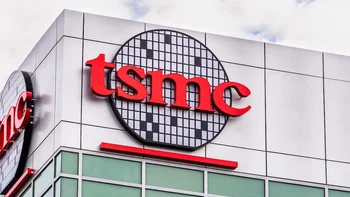
The world's leading foundry is Taiwan Semiconductor Manufacturing Company, Limited (TSMC). Both it and Samsung are shipping chips this year made using their 3nm process node. The smaller the process node, the higher the transistor count in chips. With the iPhone 14 series expected to be released around the second week of September, Apple will use the 4nm A16 Bionic to power the expensive Pro models while the currently used 5nm A15 Bionic chip will be used on the non-Pro models.
Samsung has already started shipping chips made with its 3nm process node
The reason why this is important is that the larger the transistor count, the more powerful and energy-efficient a chip is. Samsung Foundry has already started shipping out 3nm chips this year, but only for cryptocurrency miners. TSMC will also ship 3nm chips this year and with Apple the firm's largest customer, you would expect the tech giant to be the first to receive N3 chips from TSMC when they start shipping later this year. N3 is the designation for TSMC's first generation of 3nm chips.
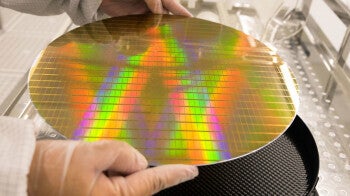
TSMC will reportedly ship its first 3nm chips to Apple later this year
According to Taiwan's Commercial Times (via Seeking Alpha), Apple will indeed be TSMC's first 3nm customer but you will not find 3nm SoCs in the iPhone 14 Pro models. The report from the Commercial Times suggests that Apple's first 3nm chip will be the M2 Pro chip followed by next year's A17 Bionic SoC for the iPhone 15 Pro models. Yes, that's right. Apple is expected to continue to employ its newest Application Processor (AP) on its more expensive premium models only while the non-Pro units are stuck with tech that is a generation old..
This is not the typical way that Apple moves to the newest process node. Usually, the latest chips are released in time to be included in the upcoming new iPhone series. Unfortunately, the timing didn't work this year and Apple will use TSMC's N4 chips for the iPhone 14 Pro and iPhone Pro Max. Time-wise, Apple couldn't afford to gamble on TSMC's rollout of its N3 chips and so the A16 Bionic will be made using 4nm technology which is, in reality, a further enhanced version of the foundry's 5nm process node.
The first chip made using TSMC's N3 process node will probably be Apple's first 3nm chip, the M2 Pro. The latter might end up powering the 2022 MacBook Pro line. It will be interesting to see how many transistors will be stuffed into the 4nm A16 Bionic and the 3nm A17 Bionic. There are 15 billion inside the 5nm A15 Bionic. That was a 27% increase from the 11.8 billion transistors used in the 7nm A13 Bionic. A similar hike for the A16 Bionic would take the latter's transistor count to slightly above 19 billion transistors, in line with Macworld's estimate of 18 billion to 20 billion.
When can we expect to see TSMC producing 2nm chips?
So what happens after 3nm? This past April, TSMC CEO C.C. Wei said that the target is for TSMC to start shipping 2nm chips by 2026 making 3nm "a long node." Most nodes last for two years. While TSMC is still using FinFET transistors at 3nm, it will switch to Gate-All-Around for 2nm, a switch that rival Samsung already made with its 3nm node. Both foundries will continue to use Extreme Ultraviolet Lithography (EUV) on their 3nm nodes to etch the thinner than hair circuitry patterns on the wafers that become chips.
Last May, IBM stunned the chip world by producing the world's first 2nm chip. Using Gate-All-Around architecture, IBM said that it allowed Big Blue "to fit 50 billion transistors in a space roughly the size of a fingernail."
But let's not get too ahead of ourselves. TSMC says that its 3nm FinFET chips will reduce energy consumption by 25-30% at the same speed, and increase speed by 10-15% at the same amount of power compared to its previous 5nm FinFET chips. Samsung has said that its 3nm process node will reduce energy consumption by 45%, and improve performance by 23%.







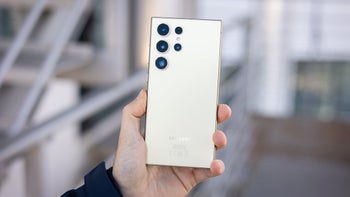
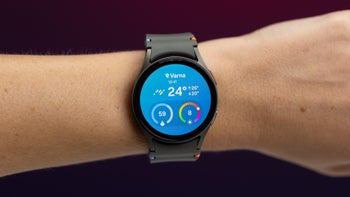

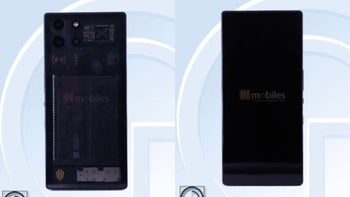


Things that are NOT allowed: